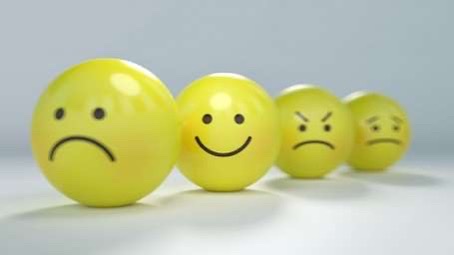Depression is often regarded as a predominantly female issue, but many men are also suffering in silence…
Dr Rafael Euba, Consultant Psychiatrist at The London Psychiatry Centre, explains: “Women are roughly twice as likely to become depressed at some point in their lives as men. However, men are less keen to seek help for their depression, so statistics aren’t fully representative. Sadly, there is one gruesome statistic that illustrates the extent of male psychological suffering: men are about three times more likely to take their own lives than women. They are particularly likely to reach this tragic end if they have lost their partner through death or divorce, so loneliness and loss seem to be important components in men’s psychological suffering.”
Too often, depression is perceived as a sign of weakness, a lack of resolve and moral fibre. Because of this, many men will refuse to acknowledge that they are feeling depressed. In fact, depression can affect any of us, and “manliness” – whatever that means – doesn’t seem to be a protective factor. Men also get depressed because their lives are stressful. They are expected to provide consistently and reliably, sometimes in hostile and competitive environments, and they feel they are not supposed to complain. Camille Paglia, an American sociologist said that “a woman simply is, but a man must become”. Some even claim that males have to confront and overcome adversity in order to “become a man”. Manhood is therefore portrayed as an achievement, a goal. So being a man and living up to the high expectations of manhood is a difficult task, so it’s hardly surprising that so many men end up feeling depressed.
Know what to look for…
The signs and symptoms of depression:
- Problems with sleep and appetite
- Anxiety – feeling of impending doom
- Pessimism
- Feelings of regret and guilt about the past
- Lack of energy
- Inability to feel pleasure and joy
- Irritability – men may suffer with this particular symptom more than women
- Indecisiveness
- Loss of interest in sex
- Worrying a lot about one’s health
Don’t keep it to yourself…
If you are feeling low, make sure you visit your GP. If you are depressed, the first intervention you doctor is likely to recommend is an antidepressant tablet, but pills don’t always work and often have side-effects, so it is important to bear in mind that there are non-pharmacological treatments available too, such as:
- Psychotherapy. These are the talking therapies, like CBT (Cognitive Behavioural Therapy).
- Diet, exercise and social activities
- ECT (Electroconvulsive therapy) which is an invasive treatment, reserved for the very ill.
- And now we also have a very effective and non-invasive treatment at our disposal called rTMS* (repetitive Transcranial Magnetic Stimulation), which is producing very positive results.
* TMS uses a powerful magnet to stimulate a certain part of the brain that is crucial for maintaining a healthy mood. It doesn’t require anaesthesia or sedation and it is virtually side-effect free. This is a treatment that may appeal especially to men, as it is high-tech and physical, not woolly or abstract, like many of the psycho-social interventions often recommended for depression. And it is very effective.
Many of us will experience depression at some point in our lives, but nobody has to go through it alone. Seeking help from your doctor is the first step towards recovery.
Dr Rafael Euba is a Consultant Psychiatrist at The London Psychiatry Centre. 72 Harley Street, London W1G 7HG. (psychiatrycentre.co.uk)








